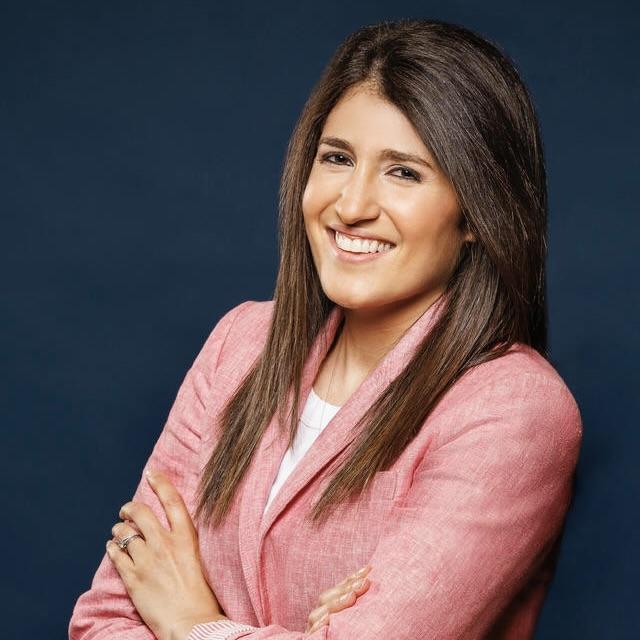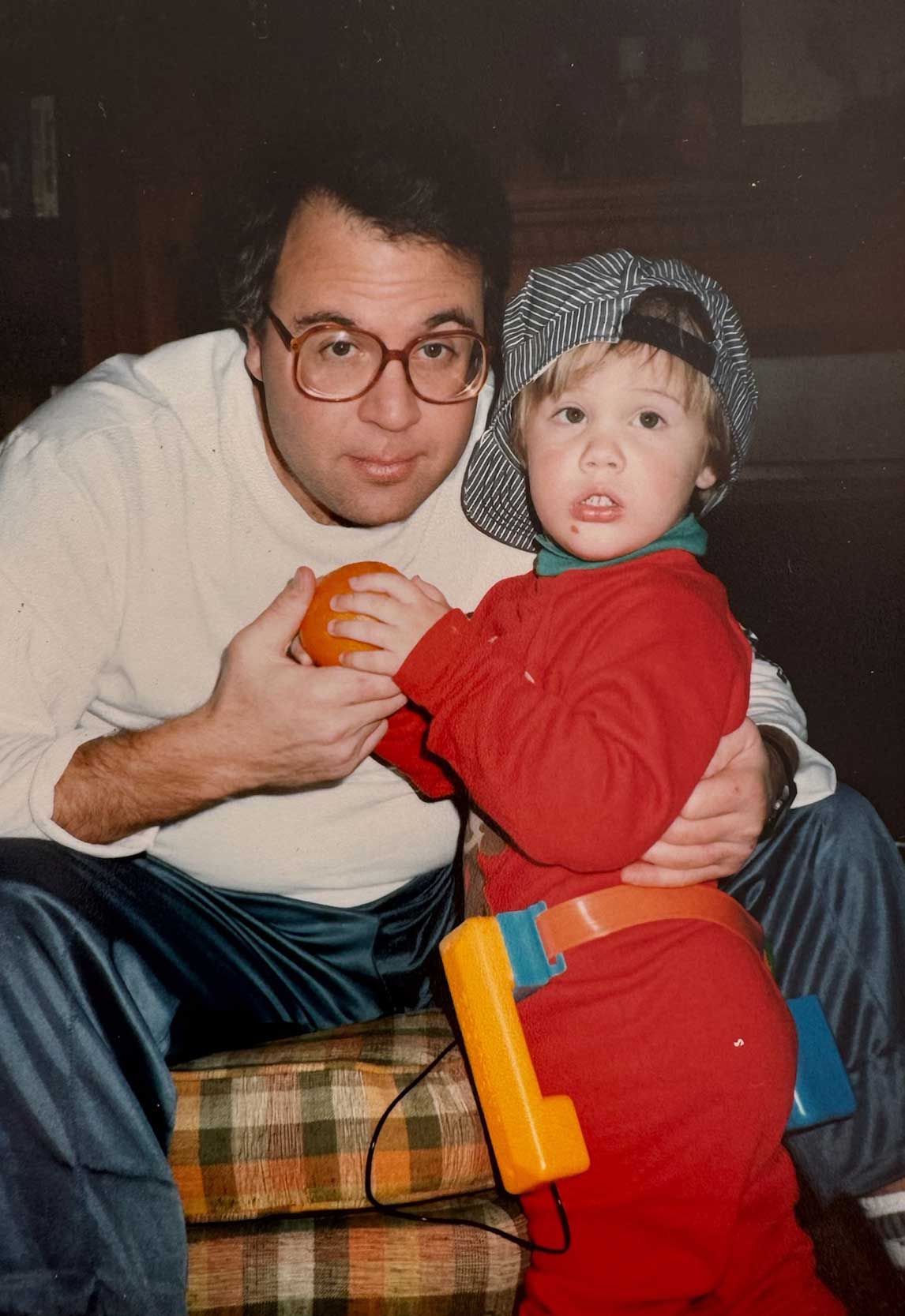Dr. Oz apologizes for saying reopening schools is an "appetizing opportunity" because it would only kill 2-3% more people
Speaking with Fox News' Sean Hannity on Thursday, TV doctor Mehmet Oz ignited a social media firestorm by saying that reopening America's schools presented an "appetizing opportunity" because it might only kill 2% to 3% more people.
"We need our mojo back," Oz said. "Let's start with things that are really critical to the nation, where we think we might be able to open without getting into a lot of trouble. I tell you schools are a very appetizing opportunity. I just saw a nice piece in The Lancet [medical journal] arguing that the opening of schools may only cost us 2-3% in terms of total mortality. And you know, any life is a life lost, but to get every child back into a school where they're safely being educated and being fed and making the most out of their lives with a theoretical risk on the backside, it might be a tradeoff some folks would consider."
Many viewers interpreted Oz's comments as if he were alluding to 2-3% of the U.S. population. The population of the United States is just over 328 million, so to lose 2-3% of the population would mean anywhere between 6.56 million and 9.84 million deaths. If, as suggested in The Lancet editorial that Oz was referencing, he was referring instead to a 2-3% increase in projected coronavirus deaths, that would still equate to thousands of lives lost.
The backlash on Twitter was swift and fierce, propelling the hashtag #FireDrOz into the platform's top trending phrases for hours.
Many Twitter users misinterpreted Dr. Oz's words as if he were condoning the sacrifice of 2-3% of American schoolchildren, but he was actually referring to 2-3% of the disease's overall fatality rate. Since the beginning of the coronavirus pandemic, doctors and public health officials have consistently found that the mortality rate among children is very low.
On Thursday evening, Dr. Oz posted a video to Twitter responding to the criticism, and wrote: "I've realized my comments on risks around opening schools have confused and upset people, which was never my intention. I misspoke."
"As a heart surgeon, I spent my career fighting to save lives in the operating room by minimizing risks," Dr. Oz says in the video. "At the same time, I'm being asked constantly, 'How will we be able to get people back to their normal lives?' To do that, one of the important steps will be figuring out how do we get our children safely back to school. We know, for many kids, school is a place of security, nutrition and learning that is missing right now. These are issues we are all wrestling with. And I will continue looking for solutions to beat this virus."
Oz is far from alone. There seems to be a growing chorus of everyday Americans and public officials who want businesses and schools to be reopened as soon as possible, under the belief that some level of mortality increase might be better than the devastating effects a prolonged lockdown will have on the economy.
On Tuesday, Republican Congressman Trey Hollingsworth of Indiana said, "It is always the American government's position to say, in the choice between the loss of our way of life as Americans and the loss of life of American lives, we have to always choose the latter."
"It is policymakers' decision to put on our big boy and big girl pants and say, 'This is the lesser of these two evils,'" he continued in the radio interview. "And it is not zero evil, but it is the lesser of these evils, and we intend to move forward in that direction."
Similarly, in late March, Texas Lieutenant Governor Dan Patrick faced backlash after suggesting that he'd be willing to die to restart the American economy — and he thinks other grandparents would, as well.
"I just think there are lots of grandparents out there in this country like me," he told Fox News' Tucker Carlson in a TV interview.
On Thursday afternoon, President Trump unveiled a plan to start reopening the American economy in three phases, depending on local conditions, during a video call with governors from around the country. And while it remains to be seen exactly how that will unfold, one thing is for certain: The debate over the morality of prioritizing economic concerns over American lives shows no signs of abating any time soon.




